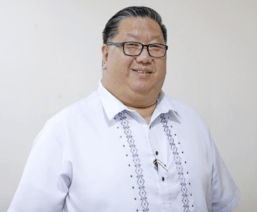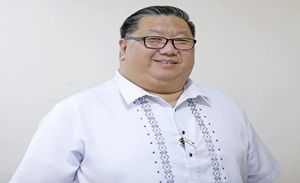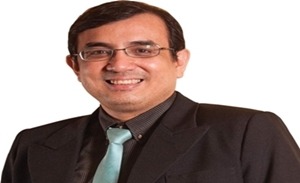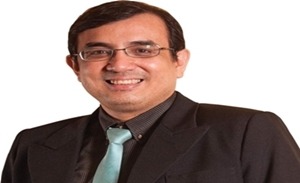FRESH VIEWPOINTS: A NEW PERSPECTIVE
By Brian James Lu

Now, this is truly disturbing. On top of the alarming findings of EDCOM II on the failures of the Philippine educational system, we now face the issue of “ghost students” in private schools. The Department of Education (DepEd) has flagged 12 private schools for listing nonexistent students as beneficiaries of the government’s Senior High School Voucher Program (SHSVP). The scale of this deception is significant, with the fraudulent vouchers amounting to PHP52.5 million for School Year 2023-2024 alone.
Pulling off such a scheme requires collusion within the ecosystem of the voucher program, raising serious concerns about oversight and accountability.
What makes this even more disheartening is that millions of students struggle to enroll in senior high school. A Senate hearing in 2023 revealed that out of six million Filipinos aged 16 to 18 years old, only 68 percent – or about four million – were enrolled. Many factors contribute to this crisis, with economic hardships topping the list. Poverty, the high cost of education, the need to work and support their families, and the lack of access to schools in remote areas all prevent students from continuing their education.
Data from DepEd shows that 1,474,702 senior high school students were enrolled in private schools during School Year 2023-2024, the same period when “ghost students” were flagged in 12 private schools. In contrast, 1,081 private senior high schools, accounting for 98.89 percent of the total, remained unaffected by the issue during the same school year. Talk about a bad apple spoiling the bunch.
The government introduced the voucher system to subsidize deserving Grade 11 and Grade 12 students in participating private schools. It intends to support the education of deserving but impoverished students, providing subsidies ranging from PHP14,000 to PHP22,500, contingent on their location. To ensure the efficient use of these funds, DepEd directly distributes the vouchers to the beneficiaries’ chosen schools.
If we take the average subsidy per student at PHP18,250, the PHP52.5 million worth of fraudulent vouchers means that 2,877 poor students were denied access to education. Private schools already benefit financially by enrolling students through the voucher program, yet some have resorted to unethical practices to exploit the system.
In my previous columns, I have always emphasized the value of education and the lengths to which families go to send their children to school. I know many families who disliked the K-12 system, as it added two more years before their children could finish high school. Yet despite these concerns, Filipino families adapted to the new system, fully aware that their sacrifices would ultimately benefit their children’s future.
I now fear that the discovery of “ghost students” will have consequences for legitimate beneficiaries. The DepEd’s SHSVP raises serious concerns about the integrity of the voucher system and the effectiveness of subsidies in education. Fraud on this scale undermines the very purpose of the program, which is to provide financial support to underprivileged but deserving students. When funds meant for real students are siphoned off through fraudulent means, thousands of eligible learners are deprived of access to education, further widening the already significant gap in senior high school enrollment.
The credibility of the voucher system itself is also at risk. If such schemes go unchecked, public trust in the program could erode, potentially leading to stricter regulations or even reductions in funding. This could hurt legitimate students and private schools that genuinely rely on government support to continue providing quality education. Additionally, the involvement of multiple parties in the fraud suggests weaknesses in monitoring and accountability within the system, exposing vulnerabilities that could be exploited further if left unresolved.
Beyond financial losses, the misuse of education subsidies contributes to systemic inefficiencies and deepens existing inequalities in access to quality education. Instead of addressing the barriers that prevent students from enrolling in senior high school – such as poverty, high tuition costs, and lack of nearby schools – the fraudulent use of public funds diverts attention and resources away from necessary reforms. If this issue is not effectively addressed, it could discourage policymakers from expanding or improving similar subsidy programs in the future, ultimately affecting the long-term prospects of education accessibility in the country.
Now, I hear that Education Secretary Sonny Angara is leaving no stone unturned in exposing the fraud in the voucher system. He has vowed to prosecute those involved, which comes as a relief to us, citizens. After all, President Ferdinand R. Marcos Jr. has pledged to fight corruption in his administration.
Last week, I came across a news report about a school principal who was sentenced to 11 years in prison for “pocketing” PHP5,000 – a measly sum compared to the PHP52.5 million voucher fraud. This stark contrast highlights the urgent need for a concerted effort from the government to ensure that those who conspired to defraud the system are brought to justice. It is not enough to simply uncover the fraud; authorities must relentlessly pursue and hold accountable those who stole funds meant for poor and deserving students. Only through decisive action can the integrity of the voucher system be restored and public trust upheld.





